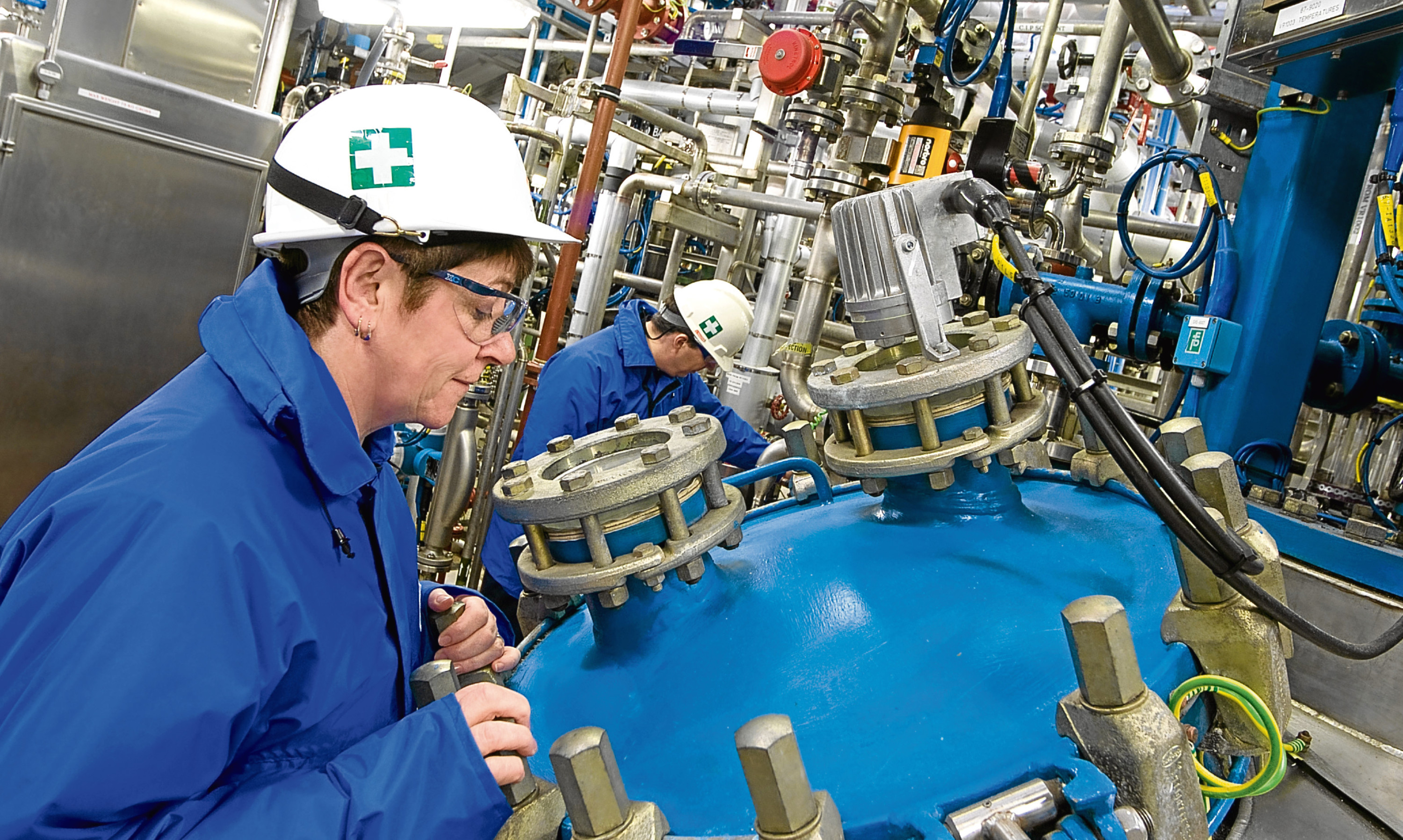Devastating.
The only word I can think of that adequately sums up the past week of jobs shocks across Tayside and Fife.
In just five days we have lost more than 260 high quality jobs from the local economy – and there will be more to come.
Operating for almost a century-and-a-half, Galloway Group is the biggest and most significant loss.
The specialist engineer – whose construction portfolio alone includes work on iconic buildings such as the Scottish parliament, the British Museum and the Millennium Dome in London – is part of the fabric of Dundee and its sudden closure is a bitter economic pill.
Put yourself in the staff’s shoes.
One minute you are working away happily on the latest project and the next you are out the door with no money and hugely uncertain prospects.
That’s a cruel end to a proud company that has offered secure employment to generations of Dundonians.
Like many other older companies that no longer exist, Galloway was saddled with pension and legacy debts.
For that, Galloway was effectively already operating with one arm tied behind its back when its traditional construction customer base fell into crisis following the 2008 financial crash.
To offset that impact, Galloway tried to be flexible and found some solace in the oil and gas sector.
But the final nail started to be hammered into the coffin when the global oil price crashed and work in the North Sea and elsewhere began to dry up.
Local fabricator PressureFab is another victim of the energy crisis.
It let 42 jobs go last week as administrators – the grim reapers of the business world – moved in to their Dundee compound.
And finally – for the past week at least – we had US-owned CommScope cutting its cable manufacturing base at Lochgelly but, thankfully, retaining its R&D capability.
That is a tactic that has been used here before when NCR stopped making cash machines in Dundee – another dark day for the local economy, the effects of which are still being felt – but continued to develop them here.
What these job shocks will mean for the wider economy is yet to be seen.
But I fear there will be small local suppliers that will be looking at their order books this morning and wondering where the next batch of work is coming from.
What we are talking about is high quality, high value jobs that are not easily replaceable.
These are the type of jobs that we need to build the Scottish and UK economies around if the country is to prosper in the long term.
When former Chancellor George Osborne talked about rebalancing the economy in the wake of the 2008 recession what he meant was a lesser reliance on service roles and more focus on higher-value manufacturing type jobs.
We have had some significant local success recently – the £110 million cash injection for GSK Montrose and renewed investment for Tokheim and Michelin in Dundee are all hugely welcome – but they remain the economic exceptions rather than the rule.
Mr Osborne’s vision is still a long way from being realised with the service sector – which encapsulates everything from hospitality to contact centres – continuing to dominate.
If the last few days has taught me anything, it is that our economy remains structurally challenged.
Figures released yesterday show the extent of the problem with UK-wide manufacturing output dropping to its lowest level for three years in July.
The Brexit shock has not helped the situation but it should not be seen as an excuse for it either.
The governments at Holyrood and Westminster cannot intervene to save companies like Galloway or PressureFab from going under.
But they have it within their power to move the goalposts and make business that little easier for everyone to do.
